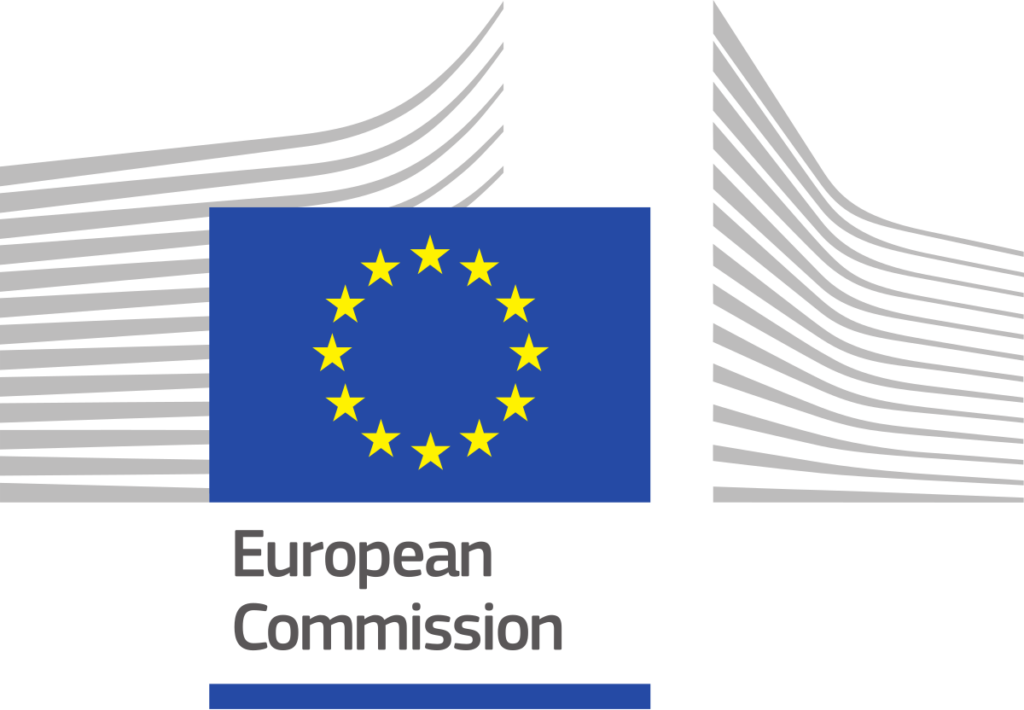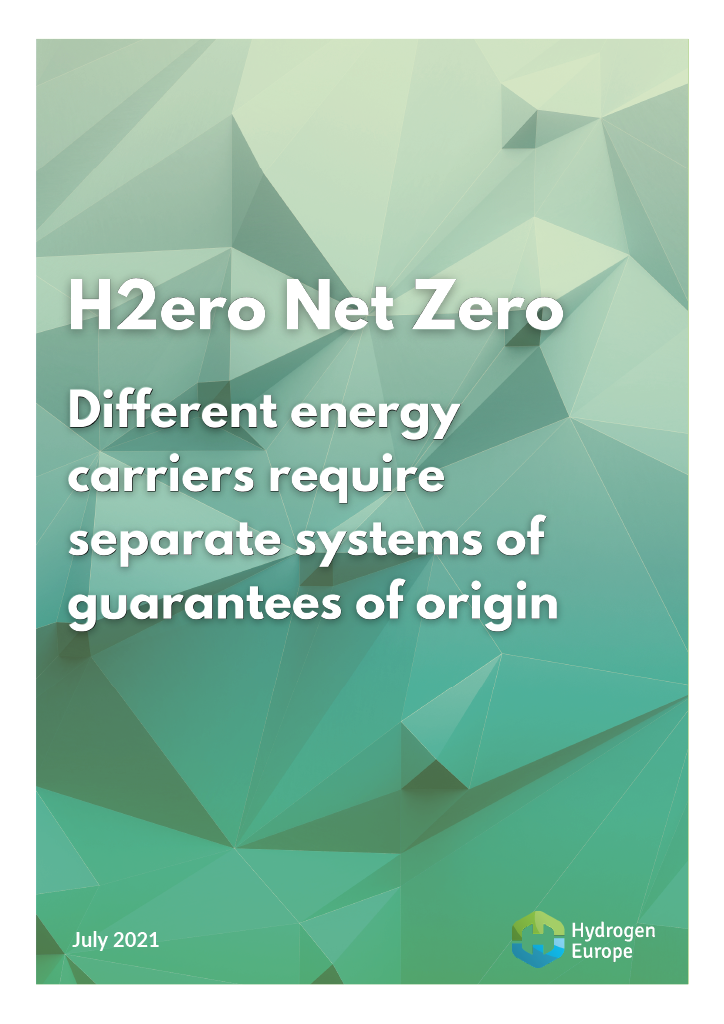Fit for 55: Tax breaks, border tariffs, and Guarantees of Origin in the EU
By Julian Atchison on July 14, 2021
European Commission’s draft climate legislation revealed
Details of “Fit for 55,” the European Commission’s comprehensive climate legislation package are now public. Relevant highlights include:
- for the first time, the inclusion of shipping emissions in the EU Emissions Trading Scheme.
- a requirement for hydrogen refueling stations every 150km on major highways.
- a cap on the GHG intensity of electricity used by ships calling in at EU ports.
- a new tier system for fuel taxation:
- fossil fuels at the highest (or reference) rate,
- gas, LPG and hydrogen from fossil origins at 2/3 the reference rate (and a 10-year “transition” window before the full rate is applied),
- sustainable but “not advanced” biofuels at 1/2 the reference rate,
- and “advanced” biofuels, hydrogen of renewable origin and electricity at the minimum rate.
- a new carbon border adjustment mechanism (or CBAM) that will tax the carbon intensity of imported products. CBAM will apply to ammonia imports for fertiliser production and possibly hydrogen.
Fact sheets and full copies of the draft legislation can be accessed via the official press release.
EU Commissioner for Transport Adina Vălean is confident the draft policies will help develop a healthy market for alternative fuels like hydrogen and ammonia:
With our three transport-specific initiatives – ReFuel Aviation, FuelEU Maritime and the Alternative Fuels Infrastructure Regulation – we will support the transport sector’s transition into a future-proof system. We will create a market for sustainable alternative fuels and low-carbon technologies, while putting in place the right infrastructure to ensure the broad uptake of zero-emission vehicles and vessels. This package will take us beyond greening mobility and logistics. It is a chance to make the EU a lead-market for cutting-edge technologies.
EU Commissioner for Transport, Adina Vălean in the European Green Deal press release, 14 July 2021
And, from a commercial perspective, Maersk CEO Søren Skou indicated his broad support for the proposed changes:
(A “virtuous” regulatory triangle) will aim to incentivize the right behavior (ETS), push the use of the right fuels (FuelsEU) and support the production of these fuels (RED revision). For Maersk, the EU has chosen the right approach. All three elements, provided that they complement each other, can accelerate the decarbonization of shipping.
Maersk supports the phased approach chosen in ETS and the strong focus on spurring and financing innovative and not yet commercially viable technologies. The ETS proceedings can and should serve to cover part of the competitiveness gap of new renewable fuels that shipping will start using shortly, instead of ending up as subsidies for existing technology.
Maersk CEO Søren Skou in a LinkedIn post responding to the Commission’s draft proposals, 15 July 2021
The view from Hydrogen Europe
Hydrogen Europe published a series of five reports on the Fit for 55 Package, arguing for “a fit for purpose framework that delivers an effective and future-proof achievement of the EU’s climate targets.” This includes recommendations for an overhaul of the existing Guarantee of Origin (GO) system to address current shortcomings. In their new GO guidelines for certifying clean hydrogen, Hydrogen Europe recommends:
- creating a separate GO system for hydrogen, alongside existing systems for electricity and gas,
- using electricity GOs along with any relevant PPAs to determine the carbon intensity of electricity used to make hydrogen,
- developing a global, integrated system for using the hydrogen GOs, and
- setting clear ground rules, including the cancellation of GOs and automatically issuing a gas GO when it is blended with hydrogen in any volume.
Hydrogen Europe also argues that any new GO system must be traceable and trackable, tradable, transparent, and trustworthy. It should clearly demonstrate to final customers the low or zero-carbon bona fides of the purchased product.

